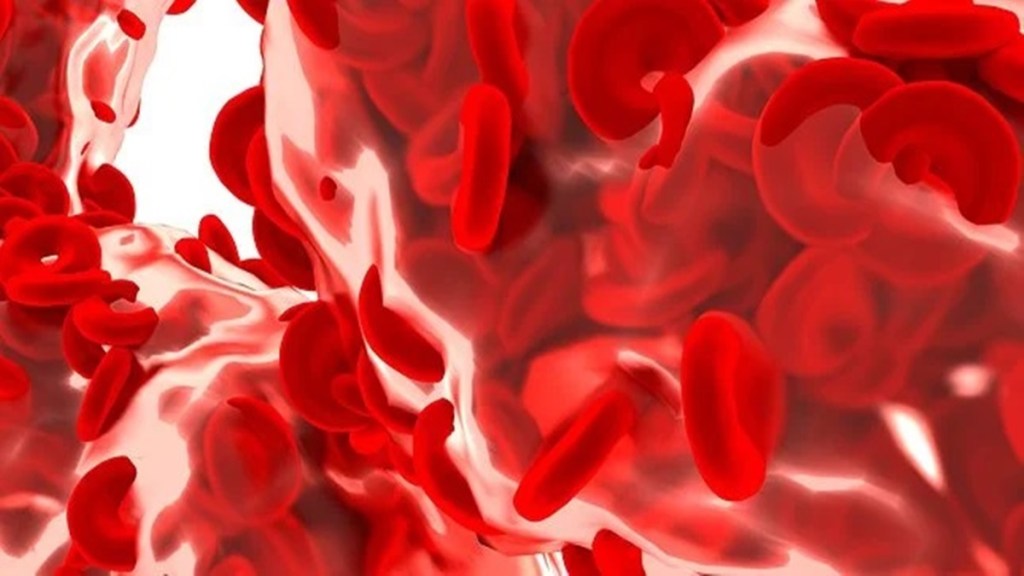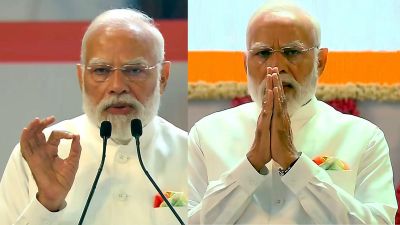A team of doctors in Delhi has recently treated a 41-year-old patient with high-risk myelodysplastic syndrome (MDS) with a life-saving bone marrow transplant. MDS are a group of disorders caused when something disrupts the production of blood cells. In certain cases, MDS may progress to leukemia.
According to the doctors, there was a high chance of progression to frank blood cancer i.e. acute myeloid leukemia in this patient. The team of doctors led by Dr. Divya Bansal, Consultant – Clinical Hematology and BMT at HCMCT Manipal Hospitals, Dwarka, performed a bone marrow transplant.
“This was a challenging case as the patient had no siblings who were a perfect match (100%) for the bone marrow transplant. Additionally, no suitable, fully matched donor was available. However, the donor for the bone marrow transplant was the patient’s half-matched brother. Despite repeated stem cell harvests, ideal dose of 7-8 million stem cells was not able to be procured from the donor, a total of 4 million stem cells were collected throughout the process, posing a danger of primary graft failure,” the hospital said in a statement.
The doctors explained that in this case, the patient’s MDS was associated with a high-risk cytogenetics defect known as monosomy 7, which indicates the loss of one copy of chromosome 7. The patient first responded well to azacytidine therapy, a widely used medicine that causes remission and supports healthy blood cell development, they revealed.
“The patient’s journey was filled with ups and downs, but we are thrilled to witness a positive outcome despite the challenges. Several challenges arose during the transplant process, including a serious bacterial infection that resulted in stomach mucosa shedding, vomiting, and toxic erythema as a side effect of chemotherapy. Another problem was the delayed engraftment of transplanted stem cells in the patient’s bone marrow, which raised concerns about the likelihood of a second transplant,” Dr. Divya Bansal, Consultant – Clinical Hematology and BMT at HCMCT Manipal Hospitals, Dwarka, said in a statement.
According to Dr. Bansal, a second transplant was difficult given the patient’s inability to tolerate another three weeks of neutropenia.
“However, the stem cell in this patient was finally engrafted on the 26th day of treatment, and following a 42-day hospital stay, the patient was discharged without issues, indicating a positive outcome despite the challenges encountered during the treatment,” she added.
Dr. Bansal also revealed that the patient is almost 3 months post-transplant and is doing good and is disease free.









